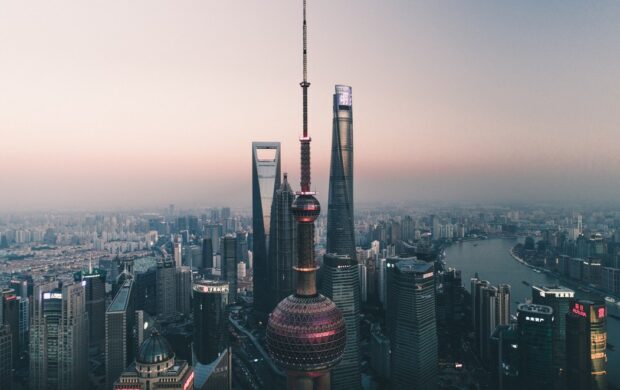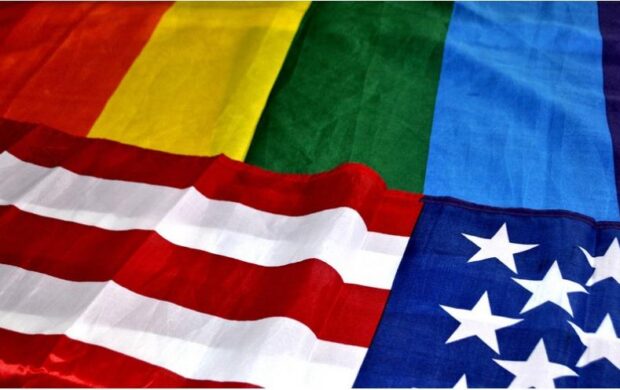This year, in early November, the Indian government demonetized all 500 and 1000 rupee notes. The bills, worth $7.34 and $14.68 respectively, were rendered defunct and worthless. The policy was enacted by the Modi government as an attempt to stem corruption. These high-value notes are allegedly used by terrorist groups (who can’t open bank accounts) and as a way of storing black money. Demonetization attempted to force citizens to turn in their old notes for new, thus raising red flags when citizens had unusually large sums of money. By forcing citizens to reveal how much money they had, the government is also in a better position to collect taxes as banks are responsible for reporting large transactions.
However, there were several problems with demonetization. As the ban took effect, citizens were given a few weeks to turn in their old notes for new ones. Banks faced massive currency shortages as outraged citizens turned in their notes and had to leave with empty wallets as they couldn’t withdraw money. This indirectly related to several deaths as people had no money available to pay for food, hospital visits, transport, and other necessities. Still other deaths occurred when people were forced to wait in line, sometimes days on end, in order to exchange their notes.
One of the main problems with demonetization in India is that India is very much a cash-based economy and most Indians do not have credit cards. In 2015 there were only 21 million credit cards in India, compared to 700 million bank accounts. This left many without access to money during the transition.
What is interesting is that the Indian currency ban is one of many proposed this year. In May 2016 the European Central Bank announced an end to the 500 euro bill by 2018– a note that most common citizens do not use but is very popular among drug dealers, terrorists, and other criminals. Large currency notes enable large sums of money to be easily transferred without a record, this making them appealing to these groups.
On 11 December, the Venezuelan government announced it would be pulling the 100 bolivar note (equivalent to 14 US cents). The 100 note is currently the highest currency note in Venezuela. The government planned to roll out six new higher denomination bills to ease transactions for citizens and clamp down on illicit activities. Widespread civil unrest including looting and bank burning has caused the Maduro government to delay the transition. Similarly to India – citizens were faced with long lines and increased uncertainty. Their pushback has delayed the process.
In the US economists such as Larry Summers have long argued for a ban of the $100 note, a bill that very few Americans use on a daily basis. The note is popular among terrorists, money launderers, and for other illicit activity.





